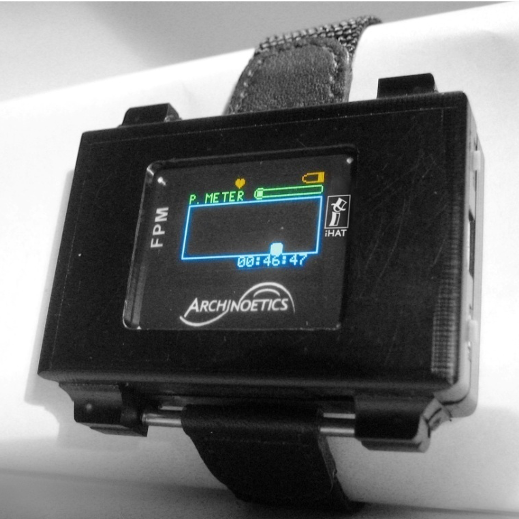The Challenge
Fatigue can be a common part of life for a warfighter, something that leads to significant safety risks. When sleep is restricted, complicated tasks requiring problem solving, decision-making, or sustained vigilance are compromised. Additionally, short-term exposure to stress may result in cognitive effects such as narrowed attention, decreased search behavior, longer reaction time and decreased vigilance and degraded problem solving.
Our Approach
If provided with a measure of physical reserve of warfighters, unit leaders could better predict unit readiness and adjust mission plans accordingly. A physical reserve metric could be used in training to motivate and reduce injury. We are developing a system to provide this feedback by meeting the following objectives:
- Develop a non-invasive system that can detect sleep induced fatigue
- Determine if non-invasive measurement of physiology can be used to accurately and robustly estimate stress levels
- Develop a non-invasive system that can accurately and robustly infer a subjects physical reserve
- Develop a plug and play, wearable physiological data recording platform
Our technical approach requires the following:
- For sleep and stress analysis, validate the system in military relevant environment
- Use advanced algorithms to develop a robust gauge for stress
- Define what is meant by physical reserve
- Use advance algorithms to develop a robust salient algorithm for physical reserve
- Develop a plug and play system for measuring and processing physiological signals


